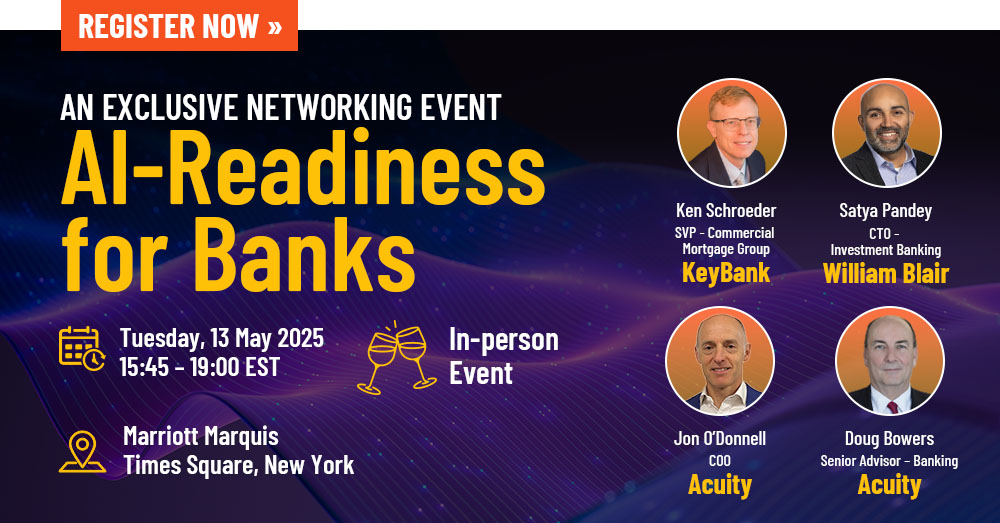Published on September 18, 2014 by Guest Blogger
Five months ago, we embarked on an exciting journey of driving bottom-up thinking at the firm and encouraging our analysts to contribute ideas to improve their client engagements in order to generate customer delight. We used a social media platform, combining elements of collaboration, gaming, instant applause and generous rewards, and this generated much interest and gathered quite a momentum.
This idea-generation initiative titled Enterprize encouraged our analysts to contribute over 200 unique ideas and tips on automating financial databases, enhancing financial modelling, improving thematic research, getting smarter at capturing earnings and quarterly financial results and ensuring smart editing, among others. The idea-generation platform had 800+ unique visitors in the first three months, which is quite impressive given that it came from a global pool of 1,000 research analysts! An idea on valuing a stock based on its Enterprise Value and Invested Capital (EV/IC) was reused by seven other analysts to enhance their value add for their respective clients. Ideas on improving consensus charts and worm charts were also a big draw for users.
However, six months into the initiative, we realised that we had to take the initiative to the next level to ensure that the initial enthusiasm did not wane. As with any change initiative, it is important to decide whether it has already run its course, or has further momentum that can be sustained and exploited before we launch something new. We also felt that this campaign had significantly added to our IP and knowledge repository of research best practices, while continuing to delight clients. We felt it would take another nine months to a year before it starts to lose relevance.
As a result, we decided to include idea-generation goals into our analysts’ Key Result Areas (KRAs) as part of their annual performance appraisal process. This will allow each analyst to see the benefit of his/her contribution to new ideas and the subsequent positive impact it has on his/her annual performance appraisal and compensation increments. We have now set empirical goals for each analyst to generate new ideas and are pleased with the initial results. What is most heartening is that we did not kill something that started so well and instead found a way to institutionalise the momentum and take it to the next level. Who said, goal setting doesn’t help?!
What's your view?
About the Author
Like the way we think?
Next time we post something new, we'll send it to your inbox








